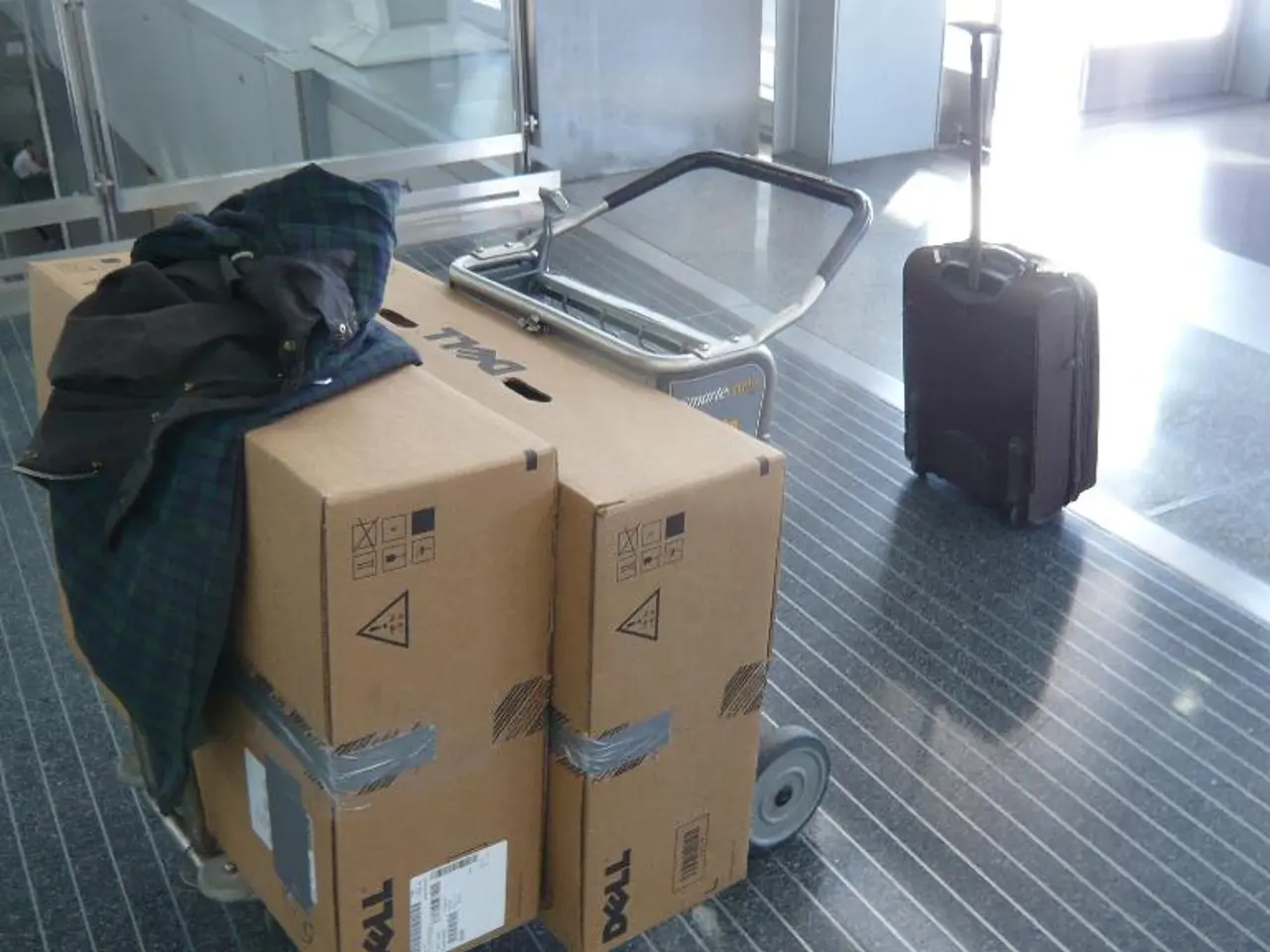Removing Sanctions Imposed upon Syria
In a significant shift in U.S. policy, President Trump issued an Executive Order (EO) on June 30, 2025, which largely removes sanctions on Syria, effective from July 1, 2025. The order revokes six prior executive orders underpinning the Syria sanctions program and terminates the national emergency related to Syria.
The revocation of these orders marks the end of the comprehensive sanctions regime targeting Syria as a country. However, sanctions remain in place against specific individuals and entities, including former Syrian President Bashar al-Assad and his associates, human rights abusers, Captagon traffickers, persons linked to Syria’s past proliferation activities, ISIS and Al-Qa’ida affiliates, Iran and its proxies, and the al-Nusrah Front, also known as Hay'at Tahrir al-Sham.
The program has been renamed from the "Syria Sanctions Regulations" (SySR) to the Promoting Accountability for Assad and Regional Stabilization Sanctions (PAARSS) program, focusing on targeted, list-based sanctions rather than broad country-wide restrictions.
Key specific sanctions revoked or modified include the revocation of six foundational EOs, the removal of 518 individuals and entities from the Specially Designated Nationals and Blocked Persons (SDN) List related to Syria sanctions, and the continuation of Syria General License 25 (GL 25), which authorizes many previously prohibited transactions involving Syria.
The order supports the goal of a stable, unified, and peaceful Syria and recognizes the positive actions taken by the new Syrian government under President Ahmed al-Sharaa. The Secretary of State is directed to transmit this waiver determination to appropriate congressional committees and to advance U.S. policy objectives at the United Nations to support a stable and peaceful Syria and to support Syrian efforts to counter terrorism and comply with weapons of mass destruction obligations.
The order also authorizes the Secretary of State to impose sanctions on foreign persons who obstruct, disrupt, or prevent efforts to promote a stable, unified, and peaceful Syria. The Secretary of State is tasked with reviewing the designation of Syria as a State Sponsor of Terrorism and is authorized to explore avenues at the United Nations to provide sanctions relief in support of these objectives.
The President has waived sanctions imposed on Syria for the prior use of chemical weapons under the former regime of Bashar al-Assad, and the Secretary of State is directed to submit a report to the appropriate congressional committees regarding the waiver of the Syria Accountability Act. The Secretary of State is also authorized to exercise the functions and authorities conferred upon the President in section 5 of the Syria Accountability Act.
In addition, the order directs the Secretary of State to designate Abu Muhammad al Jawlani, commonly known as Ahmed al-Sharaa, as a Specially Designated Global Terrorist. The order expands the scope of the national emergency declared in Executive Order 13894 of October 14, 2019, to deal with threats posed by perpetrators of war crimes, human rights violations, and abuses, and the proliferation of narcotics trafficking networks in and in relation to Syria during the former regime of Bashar al-Assad.
This move marks a significant shift in U.S. policy, facilitating expanded commercial and investment activities in Syria outside of dealings with designated individuals. The order directs additional actions, including the removal of sanctions on Syria, the issuance of waivers that permit the relaxation of export controls and other restrictions on Syria, and other actions to be taken by several executive departments and agencies.
- The revised Syria sanctions program, renamed as Promoting Accountability for Assad and Regional Stabilization Sanctions (PAARSS), will focus on targeted, list-based sanctions, leaning heavily on technology and finance to monitor and regulate transactions.
- As light sanctions against Syria are lifted under the new policy, the General News reported a surge in interest from foreign investors, particularly in the technology sector, eager to explore business opportunities in the emerging market. Meanwhile, policy-and-legislation developments will ensure that these investments abide by international standards, while keeping in check individuals and entities still under sanctions.





